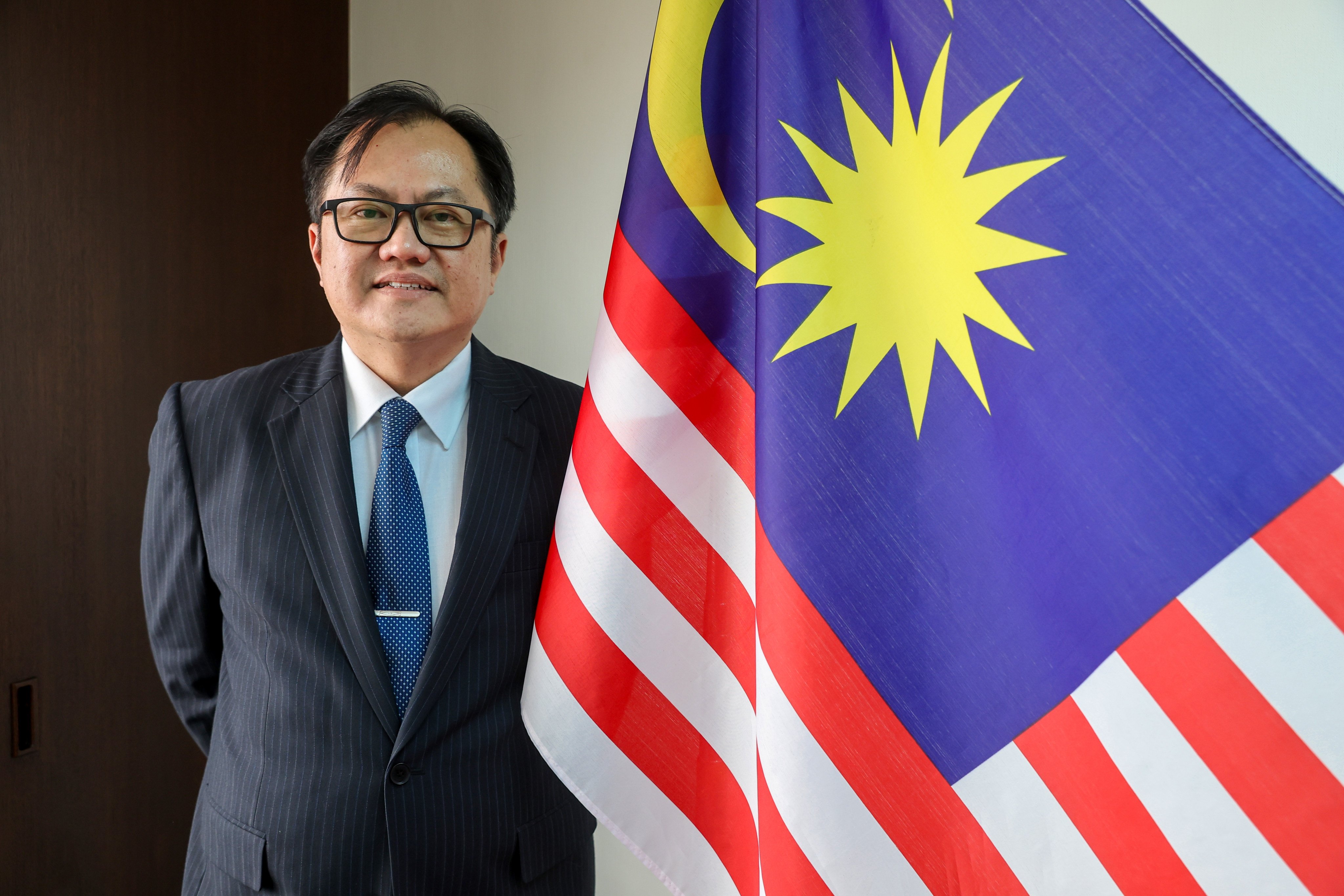Exclusive | Malaysia to wait for Hong Kong’s policy direction on Islamic finance before helping: envoy

Hong Kong must provide a “clear direction” for how it wants to develop its Islamic finance sector before Malaysia can provide the expertise needed to tap into the Middle East market, the country’s envoy to the financial centre has said. In an exclusive interview with the Post, Consul General Muzambli Markam also said Hong Kong had “a lot of potential” to turn itself into a Muslim-friendly market but that more effort was needed to accommodate Middle Eastern consumer behaviour. “We are ready to provide our services to our Hong Kong friends to move forward with Islamic financing and Islamic banking … but we need a clear direction of [where] the policy is headed,” Markam said. “There’s no point in pushing … [if] there is no interest in Hong Kong,” he said. Islamic finance, also known as sharia-compliant finance, is a system that operates in accordance with Islamic law and principles, which promote ethical and socially responsible financial practices. The Hong Kong government has shown increased interest in tapping into this growing asset pool, which Standard Chartered has estimated to grow to US$4.94 trillion by 2025. Last year, Hong Kong Chief Executive John Lee Ka-chiu, Financial Secretary Paul Chan Mo-po and Hong Kong Monetary Authority (HKMA) CEO Eddie Yue Wai-man led separate delegations to various Middle East countries to attract investments and forge closer ties. In May, a delegation from HKMA met representatives from Bank Negara Malaysia, the country’s central bank, in Kuala Lumpur to discuss a raft of “strategic areas” including Islamic finance. Markam said that previous attempts by Hong Kong to tap into the Islamic finance market had faltered due to a lack of interest, highlighting the city’s issuance of US$3 billion in Islamic bonds, also known as sukuk, between 2014 and 2017. Markam said that the lack of similar bond issuances since then indicated it had not “turned out well.” “But fast forward to today, since Mr John Lee’s visit to the Middle East, we can see there’s more interest in courting Middle East funds,” he said, adding that Malaysia could offer its “expertise” in the field to support Hong Kong’s push. Muslim-majority Malaysia opened its first Islamic bank in 1983 and the sector grew considerably since then. Islamic financing reached US$190 billion last year, representing 42 per cent of Malaysia’s domestic banking system loans and outpacing conventional banks in growth, according to Fitch Ratings. He said establishing a more robust Islamic finance system could draw a large Muslim customer base from not just the Middle East but also the surrounding Asia region, noting that other jurisdictions such as Korea, Japan, and Taiwan lacked such services. But Markam said that before Malaysia and Hong Kong could properly collaborate on Islamic finance and other measures to attract Middle Eastern visitors to the city, he first needed to see a “clear direction” of the city’s objectives from the chief executive’s coming policy address. “Before we can move forward, we need to know … the direction they are headed to,” He said. “What is their aim? Their future vision for this particular market?” “We are very hopeful from our discourse with the officials recently, that there’s a possibility it will be mentioned [during the policy address],” he said.
Markam said that Hong Kong had “a lot of potential” to develop itself into a Muslim-friendly destination, and that there were many lessons Hong Kong could learn from Malaysia. Markam highlighted recent government efforts to improve its Halal certification system, saying that businesses that adopted Halal-friendly menus could tap into not only the incoming visitors, but also the city’s 300,000-strong Muslim community. Global spending in the Halal economy is projected to be about US$2.4 trillion this year, according to a report by DinarStandard, a growth strategy research and advisory firm based in Dubai and the US. According to a list compiled by the Tourism Board, there are only 105 eateries across the city, including at the airport, theme parks and within hotels, that were considered halal-certified food premises. “The options are quite limited,” Markam said. Markam also said that many Middle Eastern travellers preferred to go shopping after 9pm, and suggested shopping centres extend their operating hours accordingly. The city should also improve its Arabic language services to accommodate those who could not speak English and provide more prayer facilities in places such as the airport, Markam said. “I think the government needs to understand the consumer behaviour of our brothers and sisters in the Middle East is not the typical consumer behaviour,” Markam said. “In the beginning in Malaysia, we struggled to understand also, but we adapted.”



